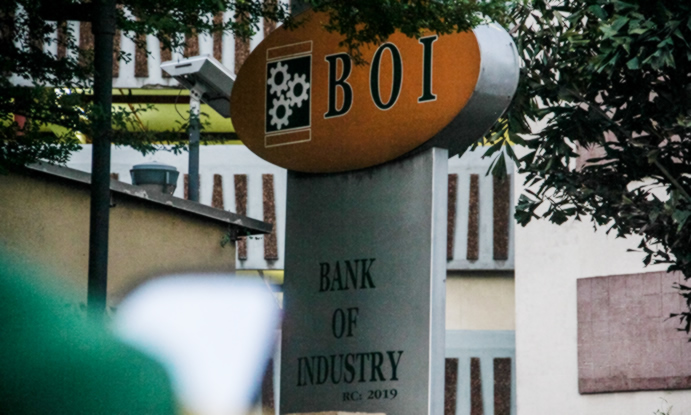The Bank of Industry has restated its commitment to empowering Nigerian artisans and technicians, describing them as the foundation of inclusive economic development and a key pillar in the country’s industrial transformation.
Speaking at the 2025 Nigerian Artisans Leadership Summit held on Wednesday in Abuja, the Managing Director of BOI, Olasupo Olusi, said the bank sees Nigeria’s over 12 million artisans not just as workers but as agents of grassroots enterprise, job creation, and national progress.
The summit, themed “Unlocking the Inherent Potential of Nigerian Artisans and Technicians,” drew participants from artisan associations, government agencies, development partners, and the private sector. It focused on identifying the challenges faced by informal workers and creating a roadmap for integrating them into the formal economy.
Represented by the Executive Director, Public Sector and Intervention Programmes, Mabel Ndagi, the BOI chief said the theme reflects the essence of inclusive growth, ensuring no skill is left behind.
He noted further that the theme speaks to a vision of Nigeria where talent is not wasted due to lack of support, where enterprise is not stifled by lack of access, and where informal skills are not excluded from formal opportunities.
According to the BOI MD, the challenges faced by artisans, such as limited access to affordable finance, lack of research and development, outdated equipment, inadequate training, poor business structures, and minimal export participation, require urgent and structured intervention.
To address these systemic issues, he explained that the bank is anchoring its 2025–2027 Corporate Strategy on six thematic pillars.
These include strengthening Micro, Small, and Medium Enterprises, promoting youth empowerment and skills development, expanding opportunities within the digital economy, advancing climate resilience and sustainability initiatives, investing in critical infrastructure, and ensuring gender inclusion across all interventions.
“These focus areas are not just bureaucratic categories—they are lenses through which we are reimagining support for artisans and grassroots entrepreneurs,” Olusi noted.
He underscored BOI’s mission to provide both financial and advisory support to Nigerian enterprises that sustain local economies and catalyse national growth.
“Our vision as a development finance institution is to transform Nigeria’s industrial landscape by empowering the enterprises that power this nation. At the heart of this vision are artisans and grassroots entrepreneurs like you,” he stated.
The BOI Boss reminded the artisans that development cannot be outsourced or imported, adding that, “It must be built by hand, by skill, by passion, and by purpose. That is what artisans represent. That is what BOI supports. That is the future we must shape together.”
The Artisan Leadership Summit marks another step in BOI’s broader drive to deepen financial inclusion, promote sustainable livelihoods, and unlock the untapped potential across Nigeria’s informal sector.















